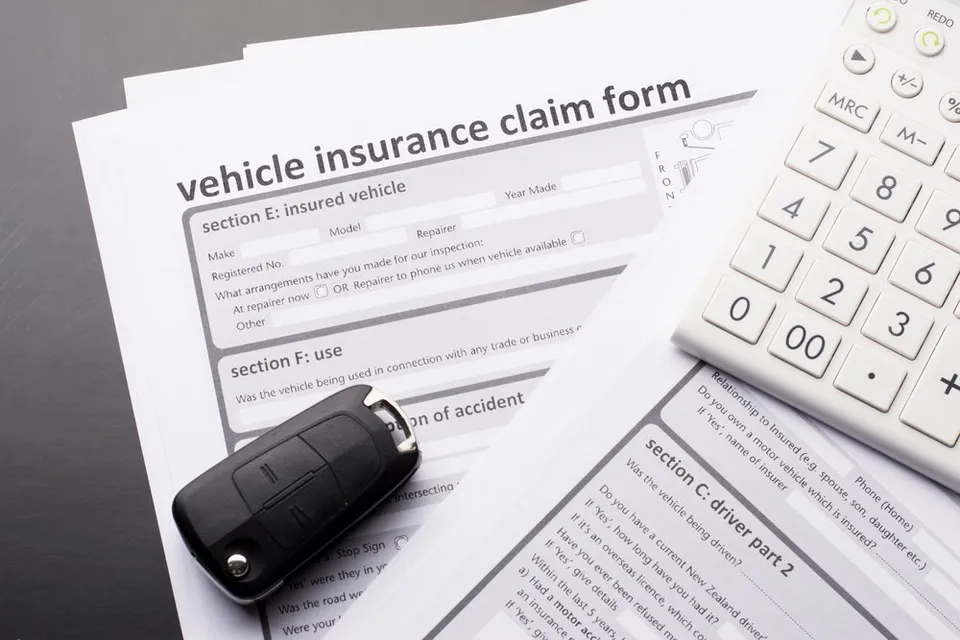Dealing With Your Insurance Company After an Accident
- April 8, 2016 @ 1:38 pm
- Written by admingil
- Categories: Accident | Auto Accidents | Insurance | Legal Advice | Motor Vehicle Accidents

Dealing With Your Insurance Company After an Accident can be intimidating. Florida is a no-fault state. That means that rather than calling up the insurance company for the at-fault party in an accident, you call up your own insurance company. By law, Florida drivers must carry PIP and PDL insurance. PIP will help cover your injuries, PDL will cover any property damage. These are handled by your Florida insurance agent, who should be well-versed in the no-fault laws.
Dealing with Your Insurance Company After an Accident
Hopefully, you haven’t dealt with your insurance company much other than to start your policy and pay for premiums. Most people rarely deal with a claims adjuster—maybe once every 8-10 years. Because of this, you may not be familiar with how to deal with your insurance company and what your insurance company can and cannot do.
You Got Hit By Another Vehicle, Now What?
By the time you’re reading this, you’ve probably already left the scene of the accident. If by chance you’ve pulled this up on your cell phone, make sure to take photographs of the scene. Also, collect the other driver’s name and information, as well as the names of any witness and the responding officers. If you need to seek medical attention, keep any documentation you receive.
Once you’re back at home, you’ll need to call your insurance company. They’ll want to know when and where you were involved in an accident. They may ask for the other party’s information, as well as information on any witness and the status of the police report. But what exactly do you need to tell your claims adjuster?
The Do’s of Dealing with a Claims Adjuster
Before making that phone call, find a copy of your insurance contract and read through it so you are informed. Note any important deadline stipulations so you can make informed choices. You’ve just been through a scary experience—calling your insurance agent shouldn’t add to your stress.
Make sure you have all the information about your accident in front of you, as well as a blank notebook to take notes. Copy down the name of the person you’re speaking with, as well as the time and date. If they offer you a “number”, such as a ticket number to reference the phone call, write that down as well.
It’s important to be honest with your insurance agent and anyone you speak with from your insurance company, however, that doesn’t mean that you need to give them all the information they ask for.
The Don’ts of Dealing with a Claims Adjuster
It is in an insurance company’s best interest to close a claim as quickly as possible. Chances are, they’ll be able to save money (and honestly, who doesn’t like saving money). But, that doesn’t mean it is in your best interest. Sometimes damages to your vehicle and the injuries sustained in an accident are not quickly identified. Because of this, it is generally advised that you do not make a statement over the phone regarding the accident and injuries sustained on your initial call.
An adjuster may try to settle on a payout very quickly, which is generally in their bests interest, as previously mentioned. However, it is usually better for you to be sure you understand your coverage and the extent of the accident before settling for a certain amount. Once the insurance company has completed an investigation and you’ve sought out any necessary medical care, you’ll be better informed to settle your claim.
When to Get a Tampa Personal Injury Lawyer Involved
Depending on the severity of the accident, speaking with a Tampa personal injury lawyer that specializes in car and motorcycle accidents may help protect you from being taken advantage of. An insurance company that is trying to protect its profits may lowball you or try to get you to settle your claim before the full extent of your injuries or the damage to your automobile is even known.
Know your rights—you’re entitled to what is laid out in your insurance contract. And know that there’s a Tampa personal injury lawyer that cares about those rights and can help you receive the proper recompense.
